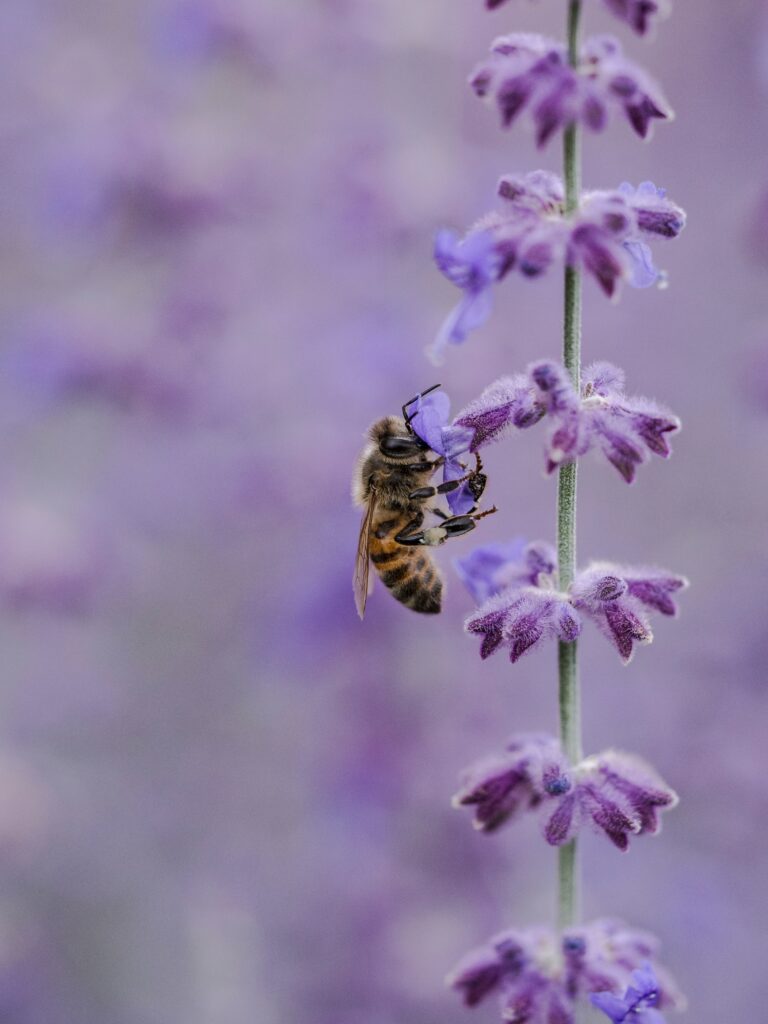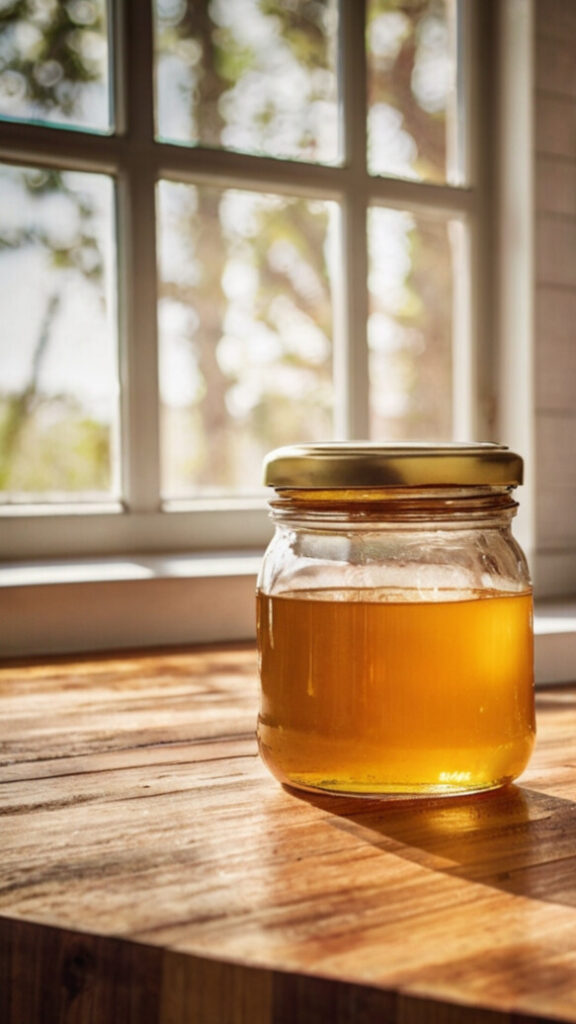Frequently Asked Questions About Honey | Everything You Need to Know
Raw honey is more than just a delicious natural sweetener—it’s a superfood with incredible health benefits. Whether you’re new to raw honey or a longtime fan, you may have some questions about its properties, benefits, and uses. Below, we answer the most common questions to help you get the most out of this golden nectar.

1. What’s the Difference Between Raw Honey and Regular Honey?
Raw honey is pure, unfiltered, and unpasteurized, meaning it retains all its natural nutrients, enzymes, and antioxidants. In contrast, regular (commercial) honey is often heated and filtered, which removes many of its beneficial properties.
Why Choose Raw Honey?
✔ Packed with antioxidants and immune-boosting enzymes
✔ Contains natural pollen for allergy relief
✔ Supports gut health with prebiotics
✔ Has antibacterial & healing properties
If you want honey in its most potent and nutritious form, always go for raw and unfiltered honey.
2. Does Honey Expire?
No! Raw honey never expires with tow rules: the water content is under 20 % and when it is stored properly. Archaeologists have even found honey in ancient Egyptian tombs that was still safe to eat after thousands of years!
However, over time, honey may crystallize, which is a natural process and doesn’t mean it has gone bad. Crystallization is a natural process and actually a sign that your honey is raw and unprocessed.
How to Prevent Crystallization:
✔ Store honey at room temperature
✔ Keep it in a glass jar rather than plastic
How to Fix Crystallized Honey:
If your honey becomes thick or grainy, simply place the jar in warm (not boiling) water and stir until it returns to its liquid state.
3. What Are the Health Benefits of Raw Honey?
Raw honey is a nutrient powerhouse with countless health benefits:
Boosts Immunity – Naturally antibacterial, helps fight infections.
Soothes Sore Throats & Coughs – Backed by studies as a better cough remedy than some OTC medicines(Oxford University, 2020).
Aids Digestion – Supports gut health with prebiotics.
Supports Wound Healing – Manuka honey is used in medical-grade treatments.
Balances Blood Sugar – Lower glycemic index than white sugar (University of Toronto, 2022).
Promotes Relaxation & Sleep – Regulates melatonin levels for better rest.
4. Can Raw Honey Help With Allergies?
Yes! Local raw honey contains small amounts of pollen, which may help build immunity to seasonal allergies over time—a process similar to allergy shots.
Scientific Support: A 2013 study in the International Archives of Allergy and Immunology found that honey consumption reduced allergy symptoms in participants over an 8-week period.
How to Use It: Take 1 teaspoon of local raw honey daily to potentially help reduce allergy symptoms.
5. Is Honey Safe for Babies?
⚠ No—babies under 1 year old should never eat honey.
Honey can contain Clostridium botulinum spores, which are harmless to adults but can cause infant botulism, a rare but serious condition in babies under 12 months.
Safe Alternative for Babies? Try fruit purées or natural maple syrup after consulting a pediatrician.
6. How Can I Use Honey in My Daily Routine?
Raw honey is incredibly versatile! Here are some easy ways to enjoy it every day:

In Drinks: Stir into tea, coffee, smoothies, or warm lemon water.
In Food: Drizzle over yogurt, oatmeal, toast, or pancakes.
In Cooking: Glaze meats, roast veggies, or mix into dressings.
In Baking: Swap white sugar for honey for a healthier sweetener.
For Skincare: Apply as a natural face mask for hydration and acne relief.
7. What’s the Best Way to Store Raw Honey?
Raw honey is self-preserving but should be stored properly to maintain its quality.
✔ Store at room temperature – No need to refrigerate!
✔ Keep in a tightly sealed container – Prevents moisture absorption.
✔ Avoid direct sunlight – Store in a pantry or cupboard.

9. What’s the Difference Between the Types of Honey?
There are hundreds of honey varieties, each with its own unique flavor, color, and health benefits. Sometimes honey in the same region can have completely different colors and flavors based on the time of year and the food source of the bees.
Some popular honey names are:
Manuka Honey (New Zealand) – Best for immune support & wound healing.
Wildflower Honey – Rich in seasonal pollen, great for allergies.
Clover Honey – Mild, versatile, and commonly used in teas & baking.
Buckwheat Honey – Dark, rich, and high in antioxidants.
Sidr Honey (Middle East) – Highly prized for its medicinal properties.
10. Is Raw Honey Better Than Sugar?
Yes! Unlike processed sugar, raw honey contains vitamins, minerals, and antioxidants that make it a healthier alternative. Please note that it is still a sugar and should not be consumed in excess.
Study Spotlight: A 2022 review in Nutrients Journal found that honey had a lower glycemic index than white sugar, meaning it doesn’t spike blood sugar levels as drastically.
Healthier Swap: Replace white sugar with raw honey in tea, coffee, baking, and cooking for a natural, nutrient-rich sweetener.
Final Thoughts: Why Raw Honey is a Must-Have Superfood
From immune support to digestion, skincare, and natural sweetening, raw honey is a nutrient-packed powerhouse. Whether you’re using it in tea, recipes, or homemade skincare, or just for flavor its benefits are backed by both science and tradition. Please note we are not Doctors and therefore cannot diagnose, prescribe or medically recommend products. Our Articles are sharing worldly holistic studies with sources and are for entertaiment purposes only.
Have more questions about raw honey? Leave a comment below or explore our selection of herbal-infused and spicy honey blends to discover nature’s sweetest remedy!

